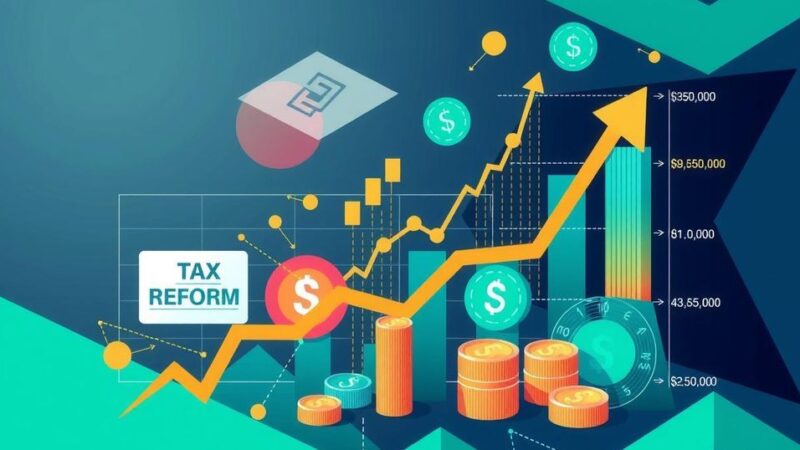Delaware economist Robert Fry warns that Trump’s tariffs on Canada and Mexico could lead to a U.S. recession. Trump aims to use tariffs as leverage for trade negotiations, but experts fear negative impacts on the economy, including rising prices and reduced auto production. Canada and Mexico are also preparing retaliatory measures against these tariffs.
Delaware economist comments on President Trump’s tariffs on Canada and Mexico, suggesting they could trigger a recession in the U.S. During a recent congressional address, Trump reaffirmed his stance on using tariffs as retaliation against countries that have imposed them on the U.S., announcing a 25% tariff on Canada and Mexico, and a 10% tariff on China.
The tariffs led to a significant market decline, although the indexes rebounded the following day. Critics within Congress, including Democrats and some Republicans, expressed concerns about the tariffs negatively impacting the economy and affordability for consumers.
Senator Chris Coons emphasized that this strategy does not align with making America affordable, while Rep. Ryan Mackenzie recommended a more nuanced approach. Trump plans to institute reciprocal tariffs starting April 2, asserting they will generate revenue and create jobs by incentivizing companies to relocate production to the U.S.
However, economist Robert Fry disagrees, stating these tariffs won’t stimulate the economy or aid the manufacturing sector as intended. Reflecting on historical tariff use, Fry articulated that free trade has typically benefitted Americans more than imposing tariffs. He expressed particular concern regarding the potential for recession if tariffs against Canada and Mexico remain longer than a few weeks.
Canada and Mexico both announced retaliatory tariffs, with leaders from these countries swiftly responding to Trump’s actions. Trump claimed the tariffs aim to prompt neighboring nations to curb drug trafficking at the border. Following communication with Canadian Prime Minister Justin Trudeau, a temporary halt on auto tariffs was established, although the other tariffs remain active. Trump acknowledged possible disruptions, indicating that Americans might face the repercussions as prices rise and auto production declines due to these regulations.
The article highlights the controversial nature of Trump’s proposed tariffs on Canada and Mexico, with significant economic implications suggested by experts. As stock markets reacted negatively, economists like Fry provided critical analyses of the potential recession risks associated with prolonged tariffs. Additionally, responses from Canada and Mexico underscore the global implications of such economic measures.
Original Source: www.cbsnews.com






